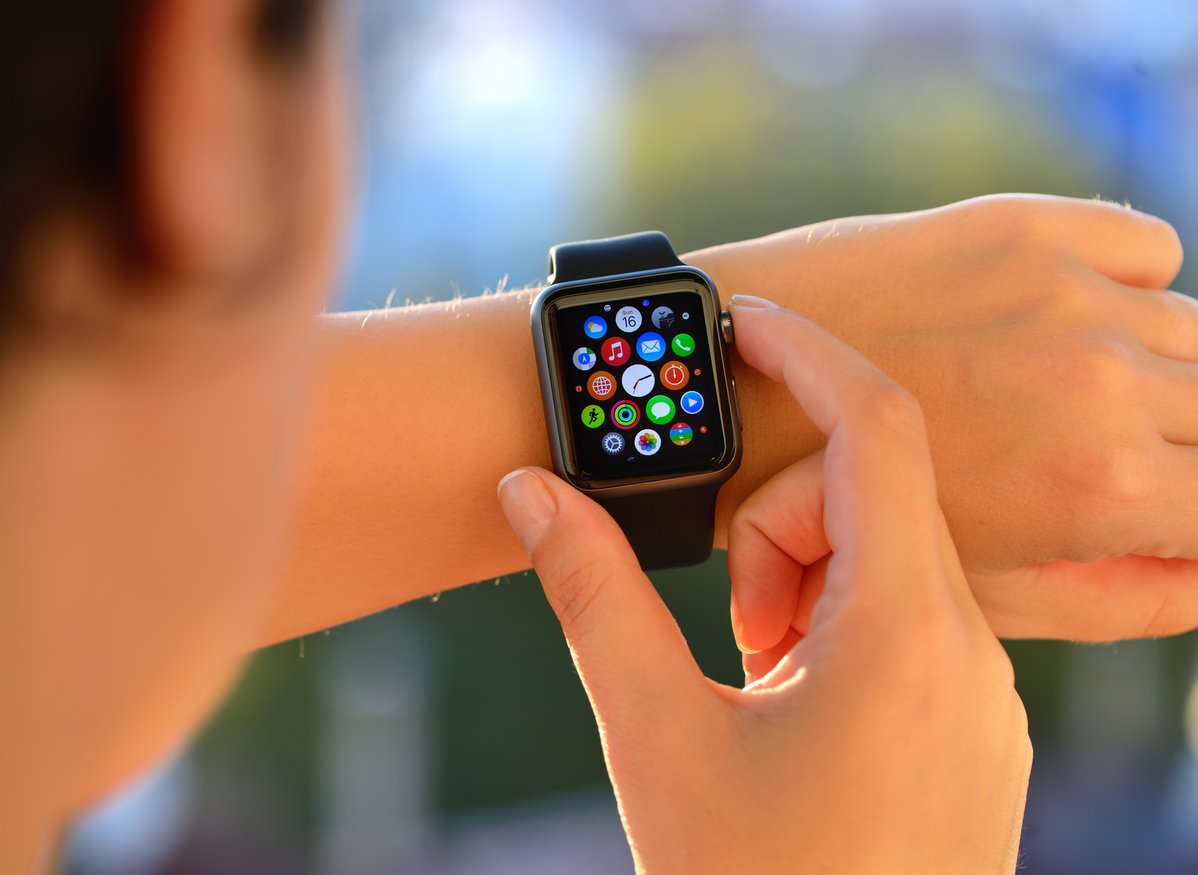Apple Announces Hearing, Cardiovascular, and Women’s Health Clinical Trials

By unveiling three new clinical trials, Apple aims to make its devices indispensable to medical researchers.
Earlier this month, Apple announced that it will undertake a trio of clinical trials through its new Research app. In partnership with major healthcare and academic organizations, these trials will monitor cardiovascular activity, menstrual cycles, and sound exposure. U.S. Apple Watch users will be able to enroll and participate in all three medical studies when the app launches later this year.
Here’s what sponsors and CROs need to know about Apple’s latest developments, including what they mean for the future of wearable devices in clinical trials.
Apple Bets on Clinical Trials
In partnership with Harvard T.H. Chan School of Public Health and the National Institute of Environmental Health Sciences, Apple’s Women’s Health study will examine menstrual cycle patterns over time. The aim will be to improve screening and risk assessment practices for various gynecological conditions.
Apple’s Hearing study will be co-conducted with researchers at the University of Michigan and will monitor day-to-day sound exposure and its impact on hearing health. Apple plans to share data collected from the study with the World Health Organization.
Lastly, Apple’s Heart and Movement Study will build on the company’s previous cardiovascular research. Partnering with Brigham Women’s Hospital and the American Heart Association, the study will monitor how heart rate and walking pace correlate with different health outcomes. Metrics for these outcomes will include hospitalization rates, overall quality of life, serious falls, and general heart health.
Apple stresses that although it will analyze data on a large scale for researchers, it will be unable to identify individual users’ personal information collected as part of the studies. As consumers are becoming increasingly concerned with data privacy – especially when it comes to healthcare – this assurance is especially relevant.
During the unveiling event, Apple CEO Tim Cook said, “It’s truly inspiring to see the difference that the Apple Watch is making. In addition to helping individuals, Apple Watch is having an impact on another important area that affects all of us, and that’s health research. We’re excited about how Apple Watch can make a tremendous difference in this area.”
Wearable Devices and the Future of Healthcare
Apple’s collaborative partnerships reflect a broader trend in clinical trials to embrace the potential of wearable devices. Sponsors and CROs are increasingly open to remote monitoring and telemedicine as tools to improve convenience and efficiency for both patients and researchers.
Patient recruitment and retention remains the number one obstacle impacting the effectiveness of clinical trials. Maintaining high enrollment and engagement rates is crucial to generating reliable results and meeting publishing deadlines. When it comes to mobile health devices like the Apple Watch, sponsors and CROs can take advantage of the built-in consumer base and cost-effective options for tracking patient outcomes.
Apple’s forays into clinical research are only one part of the company’s larger pivot toward healthcare, following years of investment in digital health. With iPhone sales falling, it may not be long before Apple Watch becomes the company’s new flagship product. The tech company is currently negotiating partnerships with Medicare to subsidize the cost of Apple Watches and make them more accessible through insurance.
Like Fitbit, which also announced a series of high-profile healthcare partnerships, Apple will be hoping that its clinical trials will help normalize the use of wearable devices and introduce them to new consumers. Fortunately, these initiatives are likely to benefit all involved – from brands to consumers to healthcare providers.

 Back to Blog Home
Back to Blog Home